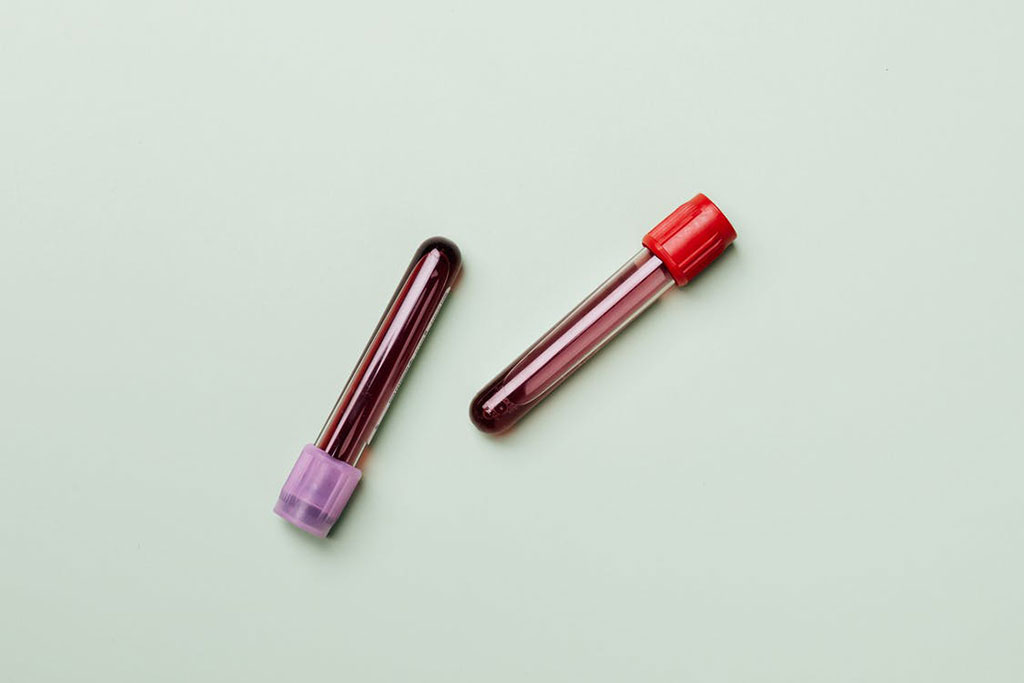Blood Tests for Detecting Antioxidant and Inflammation Levels Could Diagnose Breast Cancer
Posted on 07 Apr 2022
Breast cancer is the most prevalent cancer in the world. Identifying new diagnostic techniques is of major importance to efforts that aim to minimize the disease’s devastating effects. Now, a new study that analyzes levels of antioxidants and stress markers in the blood could lead to a new diagnostic tool for breast cancer.
Researchers from the University of Lahore (Lahore, Pakistan) explored the role that inflammatory and stress markers may play in the development and progression of breast cancer. The research team examined blood samples from premenopausal women diagnosed with breast cancer. When compared to age-matched controls without cancer, the breast cancer patients had significantly increased levels of inflammatory markers.

Among the overexpressed markers were the pro-inflammatory protein interleukin-1, matrix metalloproteinase 9 - an enzyme that is overexpressed in several diseases - and heat shock protein 27. This protein acts as an antioxidant that typically prevents or reduces cell death. However, in some disease states - such as cancer - heat shock protein 27 has been found to be both protective and destructive. In addition, the breast cancer group had low levels of protective compounds such as vitamins A, C and D, catalase - an enzyme that protects cells from oxidative stress - and the antioxidants superoxide dismutase and glutathione.
“The breast cancer pathophysiology included an overbalance of oxidants or stress markers and an underbalance of antioxidants,” said Samina Malik, MBBS, MPhil, first author of the study. This proportion of pro- and anti-inflammatory components may play “a crucial role in the metastasis of breast cancer” and may be useful as a diagnostic marker for the disease, according to the researchers.
Related Links:
University of Lahore













